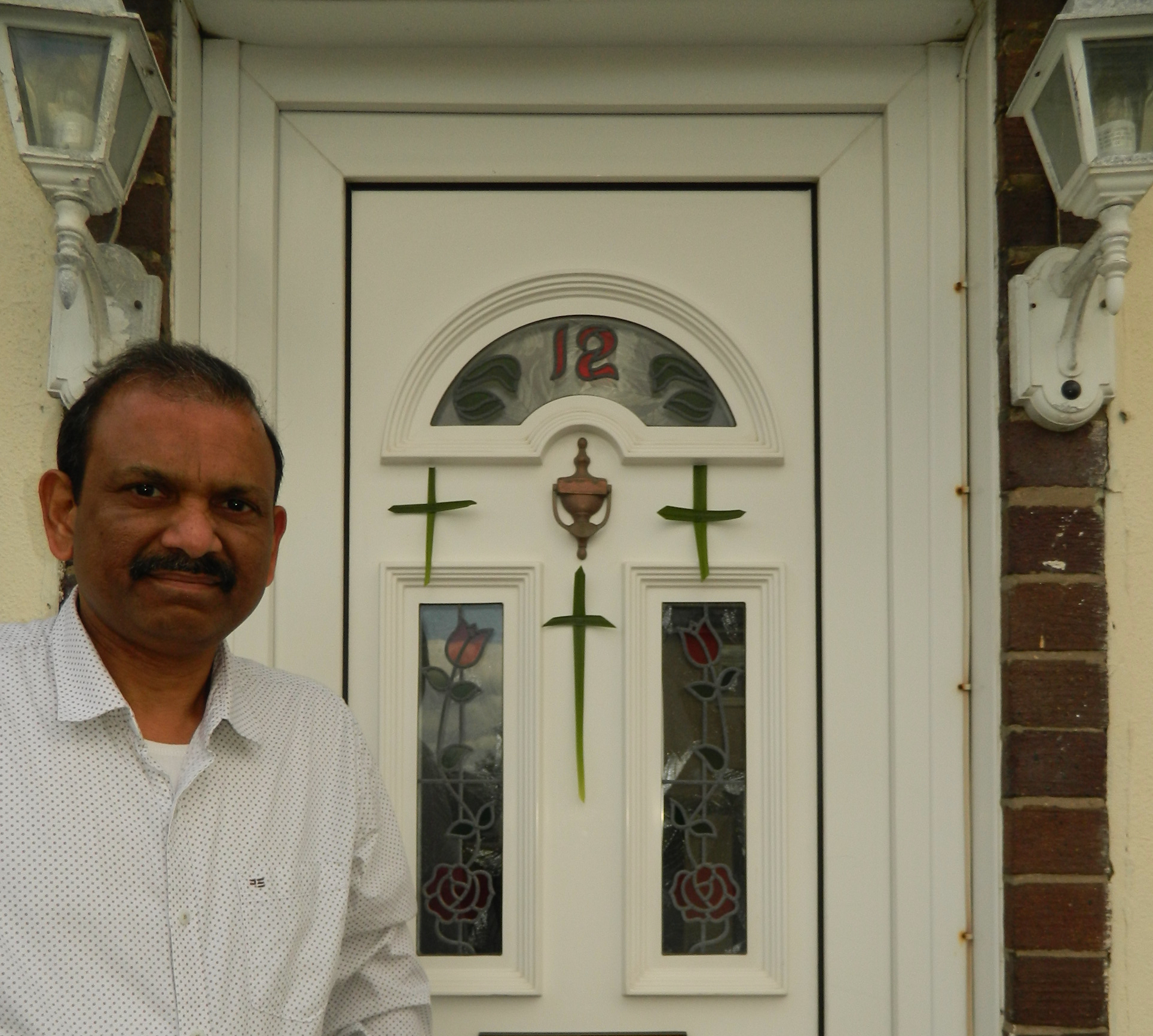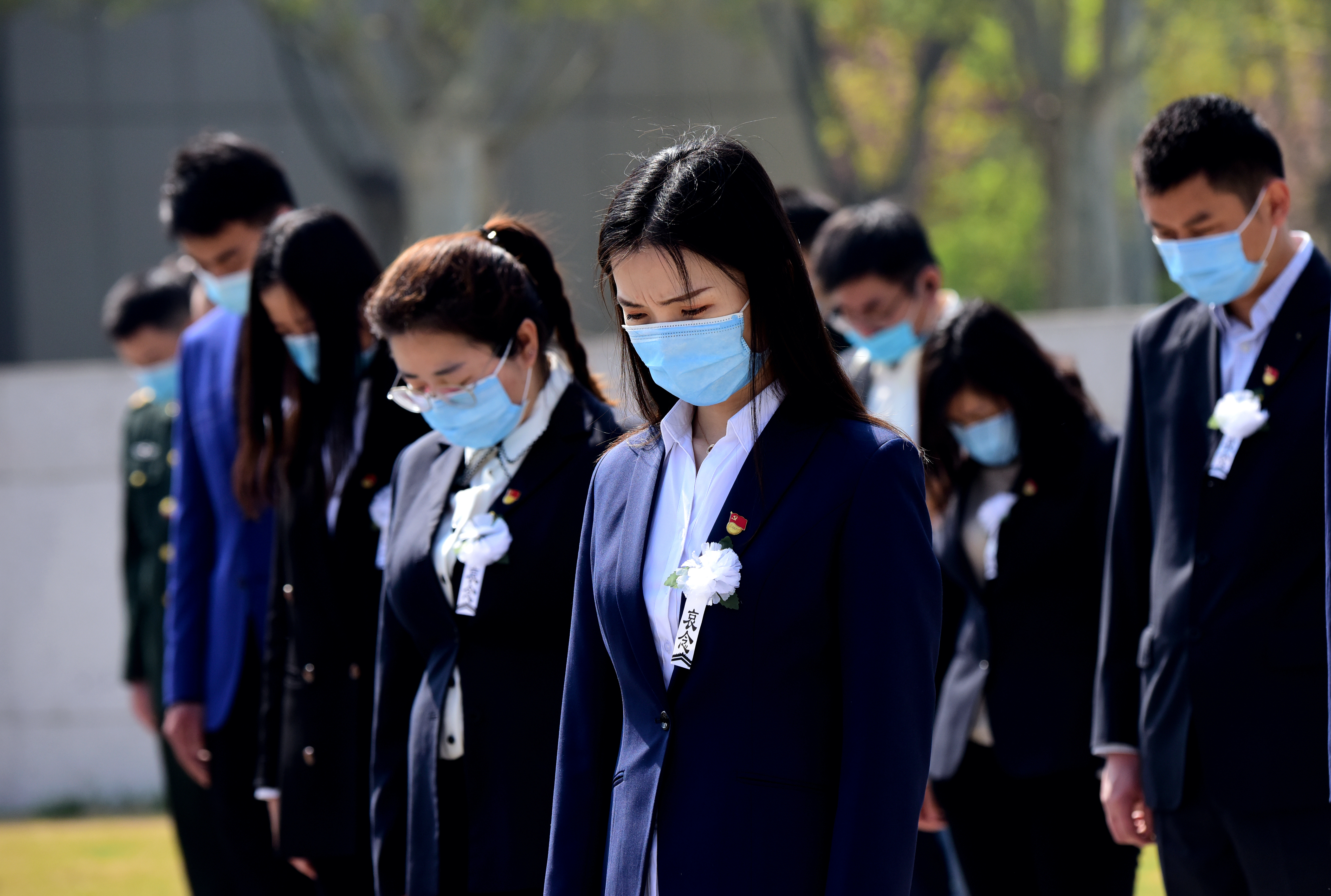A new currency is emerging in the battle against Covid-19: mercy.
To get through this crisis, the world needs works of mercy, from the selfless healthcare professionals to a simple phone call to an elderly relative or neighbour.
Mercy is gaining a renewed importance, particularly for the global financial system which governs so much of everyday life. Due to the economic impact caused by the coronavirus, mortgage payments are being deferred, interest on credit cards frozen and dividends to the shareholders of the major banks put on hold.
But this could go even further. With lockdowns likely to force a global recession, governments are forced to take on debt. Poorer countries, already heavily indebted, will be hit the hardest.
Carinal Luis Antonio Tagle, in charge of the Holy See’s evangelisation and mission department, says it is time to consider a cancellation of debt.
“Could the coronavirus (Covid-19) crisis lead to a jubilee of forgiveness of debt, so that those who are in the tombs of indebtedness could find life – untie them, release them?” he asked last Sunday.
Friedrich Nietzsche once wrote that “there are more idols in the world than there are realities”, and the coronavirus has already torn down the love of profit at all costs. It has made us focus on the reality of what binds us together: being merciful is one of them.
But this crisis is a fork in the road, and offers a choice of paths: one is the road of mercy built on solidarity, the other where the financial misery caused by Covid-19 is exploited.
The pandemic is already forcing millions out of their jobs and into poverty. Pope Francis is warning of a “true plague” that could emerge after Covid-19: that of “loan sharks” seeking to profit out of financial misery. The unethical lenders, Francis says, are “dehumanised” criminals.
The Pope and Cardinal Tagle know about the pressures caused by indebtedness in their respective countries: Argentina has for years struggled to manage its public debt while the Philippines government is one of the most indebted in the world.
Tagle, the Prefect of the Congregation for the Evangelisation of Peoples, wants national resources to be spent on helping people, rather than arms.
“We don’t have enough supplies of ventilators but we have millions of pesos, dollars or euros spent on one plane that could attack people,” he said during Mass last weekend.
If countries are going to recover after Covid-19 socially and economically, governments will have to consider “mercy budgets” focussed on helping people, families and businesses get back on their feet. The initial responses to the virus have already seen political leaders offer extraordinary levels of state aid to support communities.
Along with finances, the crisis is also forcing a rethink of prisons, and a move to a more merciful strategy. With prisoners testing positive for Covid-19, and leading to fears about their health and those of the guards, the question of how to deal with prison overcrowding has become a health emergency rather than a policy discussion.
Many countries are releasing inmates. In Italy those with fewer than 18 months left of their sentence are being let out, US jails are reducing the inmate population while in the UK, the number pregnant women in custody is being temporarily reduced.
Los Angeles Sheriff Alex Villanueva described the prisoners in his state as “a vulnerable population” to the virus, a shift in language about inmates which recognises the inherent dignity of the incarcerated. Releasing prisoners inevitably raises questions about why so many people are in jail, the cost involved in keeping them there and whether this is the best route to rehabilitation.
Mercy has been the watchword of the Francis pontificate. He’s emphasised time and again that the “name of God is mercy”, stressing that “God does not forgive with a decree, but with a caress, caressing our wounds from sin.” But Covid-19 shows the “medicine of mercy” is more than a theological concept.
In his book “Mercy,” Cardinal Walter Kasper reflects on the political and societal implications of mercy. The German prelate, one of the ablest theological minds in the Church hierarchy, sees mercy as an antidote to the “economisation”, or commercialisation of the welfare state.
“We need human care and we depend on others to deal with us with at least a modicum of mercy,” he writes. This “economisation”, the cardinal argues, is a “diminishment and even an ‘amputation’ of the human person.”
He also argues that every welfare system needs mercy: people will always slip through the net, and a “pure welfare state” would fall into the trap of commercialising merciful works.
Mercy, the cardinal argues, should be the leaven in any society, and helps it function better. “One can characterise mercy as the innovating and motivating wellspring of justice,” Kasper writes.
With the Covid-19 pandemic we are seeing this become more of a reality.



 Loading ...
Loading ...
What do you think?
You can post as a subscriber user ...
User comments (0)